“The Lord is present in the passage of our lives, he accompanies us and will one day also dry our tears. One day, not far off, everything will find its fulfilment in the Kingdom of God, a Kingdom of justice and peace.”


“The Lord is present in the passage of our lives, he accompanies us and will one day also dry our tears. One day, not far off, everything will find its fulfilment in the Kingdom of God, a Kingdom of justice and peace.”
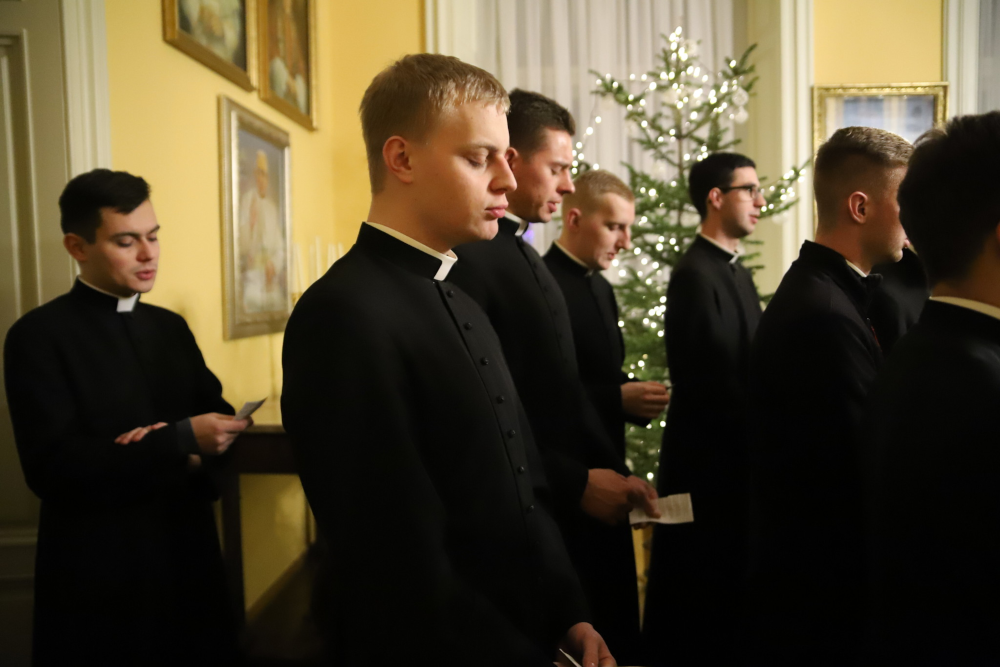
We need priests because we, sinners, need mediators who act in the name and with the power of the one single Mediator and Redeemer who is Christ.

St Gregory the Great adds, “Consider well how terrible is the hour of death, and how appalling the remembrance of our sins will be at that time. For the devils will recall all the harm they have done to us, and remind us of the sins which we have committed at their instigation.”
Thus, we should never hesitate to offer to a very ill person or a dying one the possibility of receiving the Anointing of the Sick. And should we ourselves be in that situation, we should not hesitate to ask for it, together with the two other sacraments of Confession and the Viaticum.
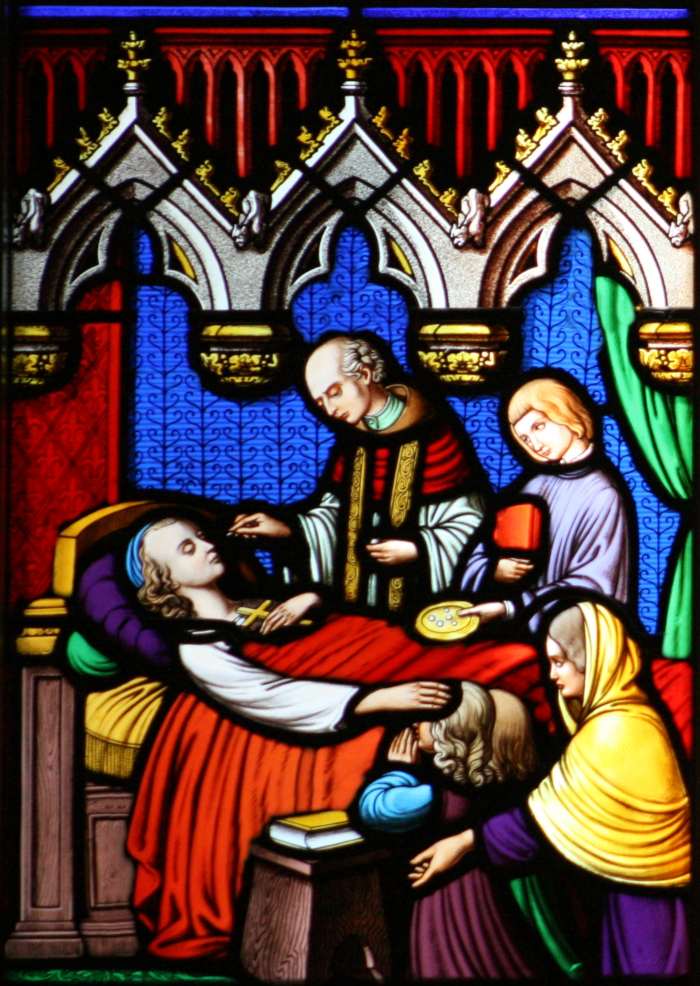
The remote matter of this sacrament is olive oil or oil from other plants that has been blessed. The proximate matter is the anointing on the forehead and the hand.
The form, as mentioned above, is the prayer that is recited as the anointing is being done.

“You want to do something for the Lord … do it. Whatever you feel needs to be done, even though you’re shaking in your boots, you’re scared to death – take the first step forward. The grace comes with that one step and you get the grace as you step. Being afraid is not a problem; it’s doing nothing when you’re afraid.”

Pierce Brosnan knows he has had a wonderful life and still has, but his faith has been his “constant” support. “God has been good to me. My faith has been good to me in the moments of deepest suffering, doubt and fear. It is a constant, the language of prayer,” he stated in Irish TV RTE’s Late Late Show.
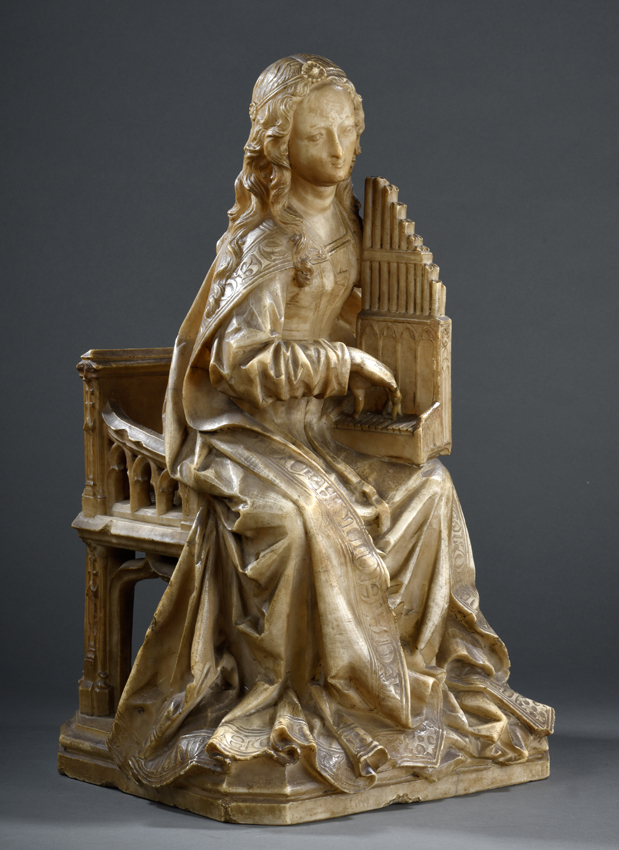
The feast of Saint Cecilia that we celebrate on November 22, reminds us once again to understand the community value of music. Good music strengthens social bonds in a positive sense, while bad music strengthens them in a negative sense. I have often related a fact as an example. When I was a professor in Macau, I gave my college students a theme, to explain their favorite song to me. Some entertained me about bands and songs honestly unknown to me, but what struck me was the fact that some of my students preferred songs that almost incited suicide.
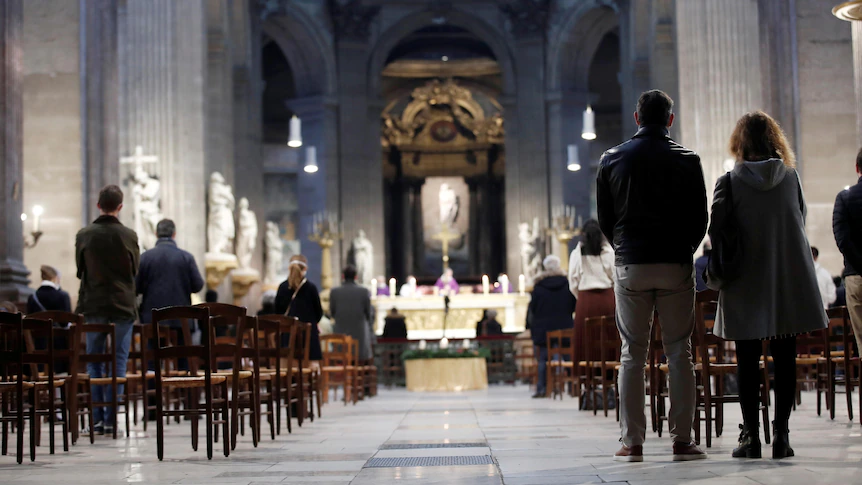
The liturgical reform was made for pastoral reasons: to bring the people closer to the liturgy and to make it understood by the ordinary people who frequent it. Isn’t a return to the precise observance of the rubrics and the literal pronunciation of prayers out of place, when a looser dynamic helps to capture the attention of the faithful, especially children?

The concept of Christian spirituality is complex and very rich, indeed. Hereafter we mention and explain briefly its main dimensions.
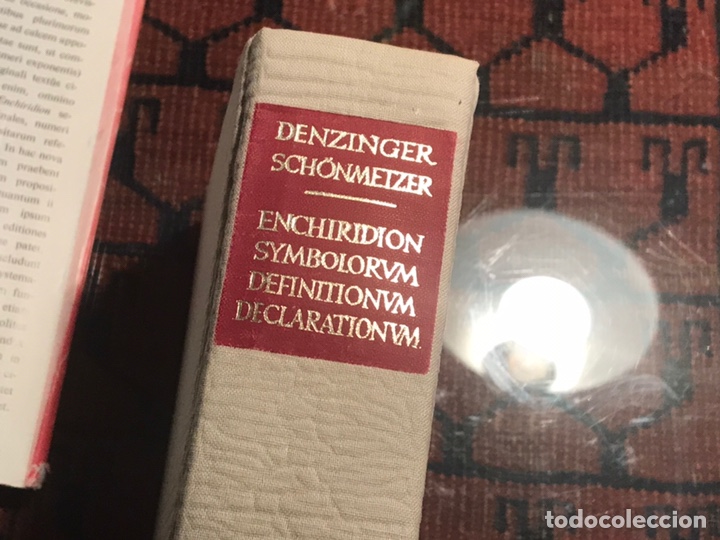
In the seminary, we were taught that the liturgy must be easily understood by the people, but often in its texts, there are technical terms, proper to systematic theology. In the new editions of the liturgical books, there is a continuous effort to propose translations that are more and more suited to common speech. How to respond to this need without indulging in an annoying and continuous change of language?